Chinggis Khaan adhered to the traditional shamanistic beliefs of the nomadic Mongols. Historical sources indicate that the state shaman, Tev Tengri, conveyed to him that the Eternal Blue Sky had granted him the right to become a king. In 1206, under the nine white banners raised, the state shaman Tev Tengri played a significant role in the ceremony that installed Chinggis Khaan on the throne. The Shaman became increasingly powerful, expanding his influence, and caused discord between Chinggis Khaan and his younger brother Khasar. Additionally, due to his oppression of Chinggis Khaan’s uncle Otchigin, he faced retribution and lost his life.
As the ruler of a vast empire uniting various peoples—including Buddhists, Muslims, Christians, and others—Chinggis Khaan respected and upheld the right of these communities to freely practice their religions. He welcomed prominent representatives of Buddhism from Tibet, and historians note that he engaged with them through interpreters to understand the teachings of their faith (A. Amar, “A Brief History of Mongolia,” UHG, Ulaanbaatar, 1989, pp. 176-177). We are aware of the historical event in which the esteemed master of Taoism, Changchun of Nanai ethnicity, was invited to engage in discussions regarding the wisdom of longevity as well as the laws and principles governing the world of nature.
French historian Pétis wrote, “Chinggis Khaan does not discriminate against those who follow different religions. Rather, he prohibited causing harm to others based on their beliefs and supported everyone’s right to follow their own faith freely. Some of Chinggis Khaan’s children and relatives adhered to Christianity, others to Judaism and Islam, while some shared his belief in the Eternal Sky.”
“…Temuujin likely did not publish this law (referring to the “Yassa”). However, one thing is clear: he forbade elevating his own faith above others, persecuting those of different beliefs, or oppressing anyone based on their religion,” noted the esteemed 17th-century European scholar, diplomat, and confidant of King Louis XIV of France, Pétis de la Croix, in his work “The History of Chinggis Khaan the Great” (London, 1722, p. 95)
“They declared that the most learned clergy of each religion were exempt from any tax or labor obligations, that their religious artifacts and properties were for the common good, and that the peasants under their jurisdiction were freed from various taxes,” wrote Ata-Malik Juvayni in “The History of the Conqueror of the World.”
Throughout history, religion has often served as a source of division and conflict among nations rather than a unifying force, as evident in the chronicles of humanity. Chinggis Khaan was a man of great wisdom and intellect, which led him to thoughtfully consider this sensitive issue and adopt a policy of patronage towards various religions. This approach not only strengthened the bonds of unity but also attracted the peoples of conquered territories, embodying his belief that “one can overcome an individual through physical strength, but can unite many through intellectual power.”
